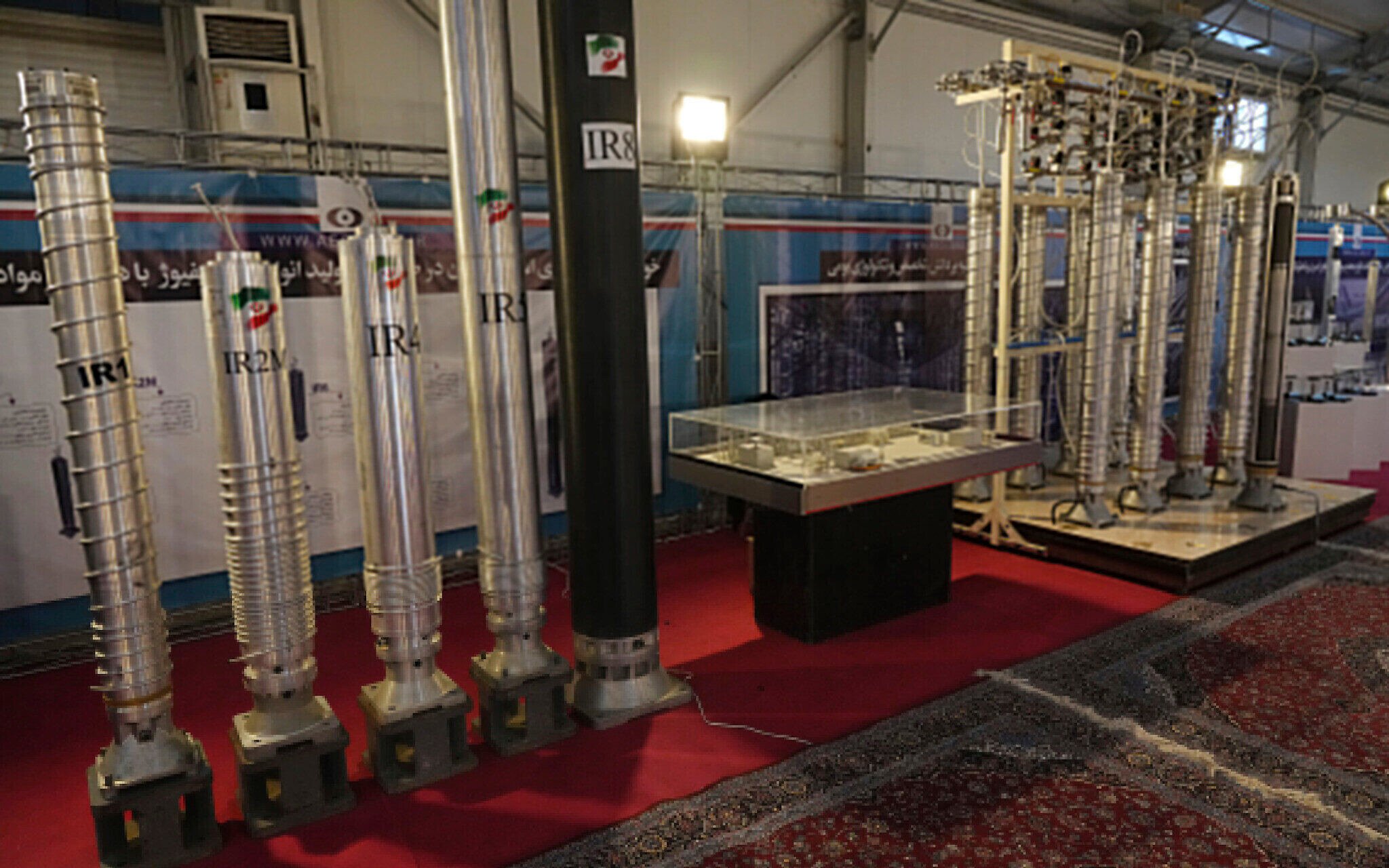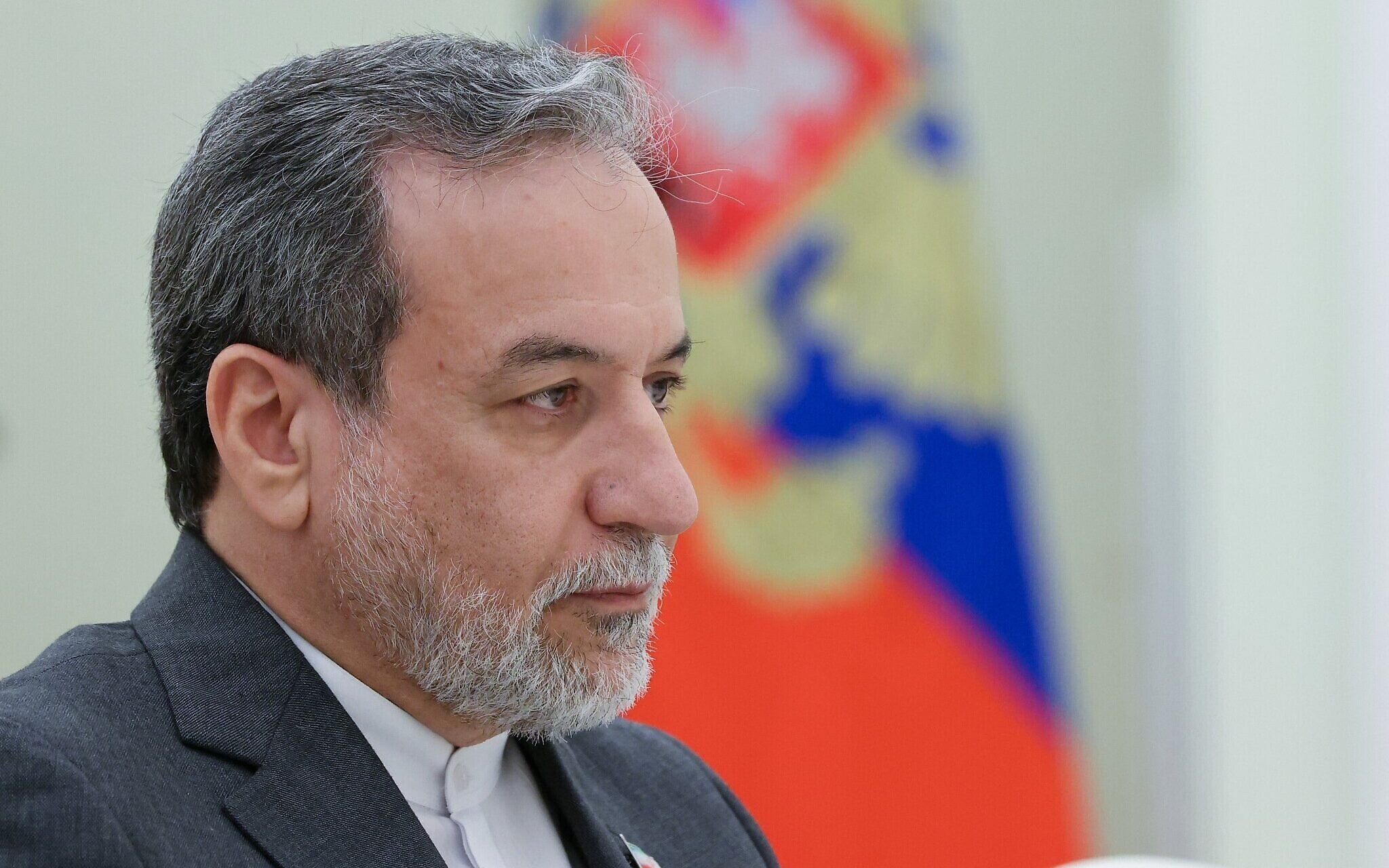


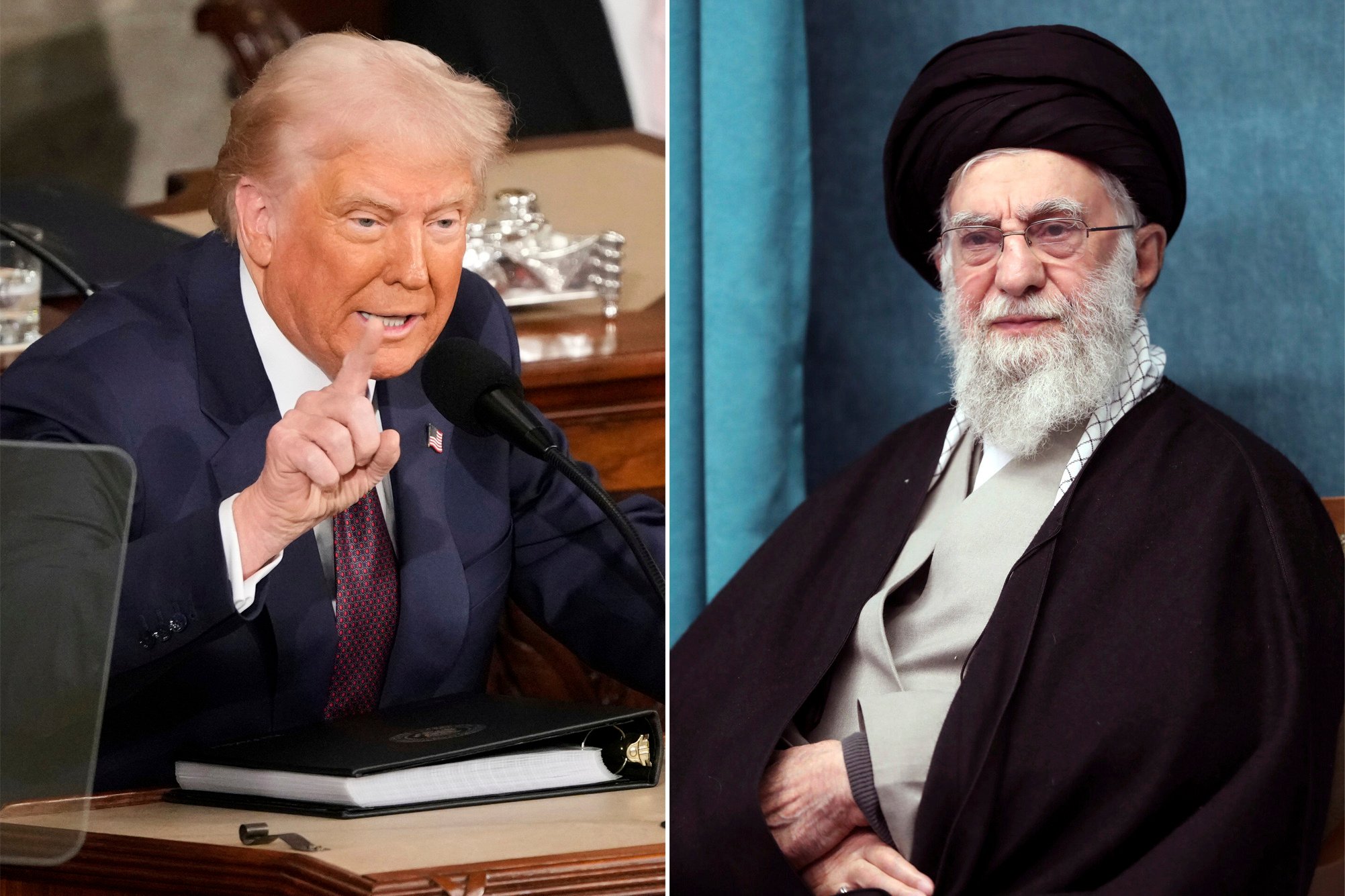
US President Donald Trump said Friday that he knew exactly where Iran’s Supreme Leader Ali Khamenei was hiding during the war and prevented Israel and US forces from killing him, saving him from an “ugly and ignominious death.”
“I saved him from a very ugly and ignominious death,” Trump said.
Defense Minister Israel Katz said on Thursday that Israel did not kill Khamenei because it did not know where underground he was hiding.
Trump also said he ordered Israel to turn planes around that were planning to strike Iran significantly in response to missile fire launched by Tehran after the ceasefire went into place.
“It was going to be the biggest attack of the war by far,” Trump said.
“Iran has to get back into the world order flow, or things will only get worse for them,” he warned.
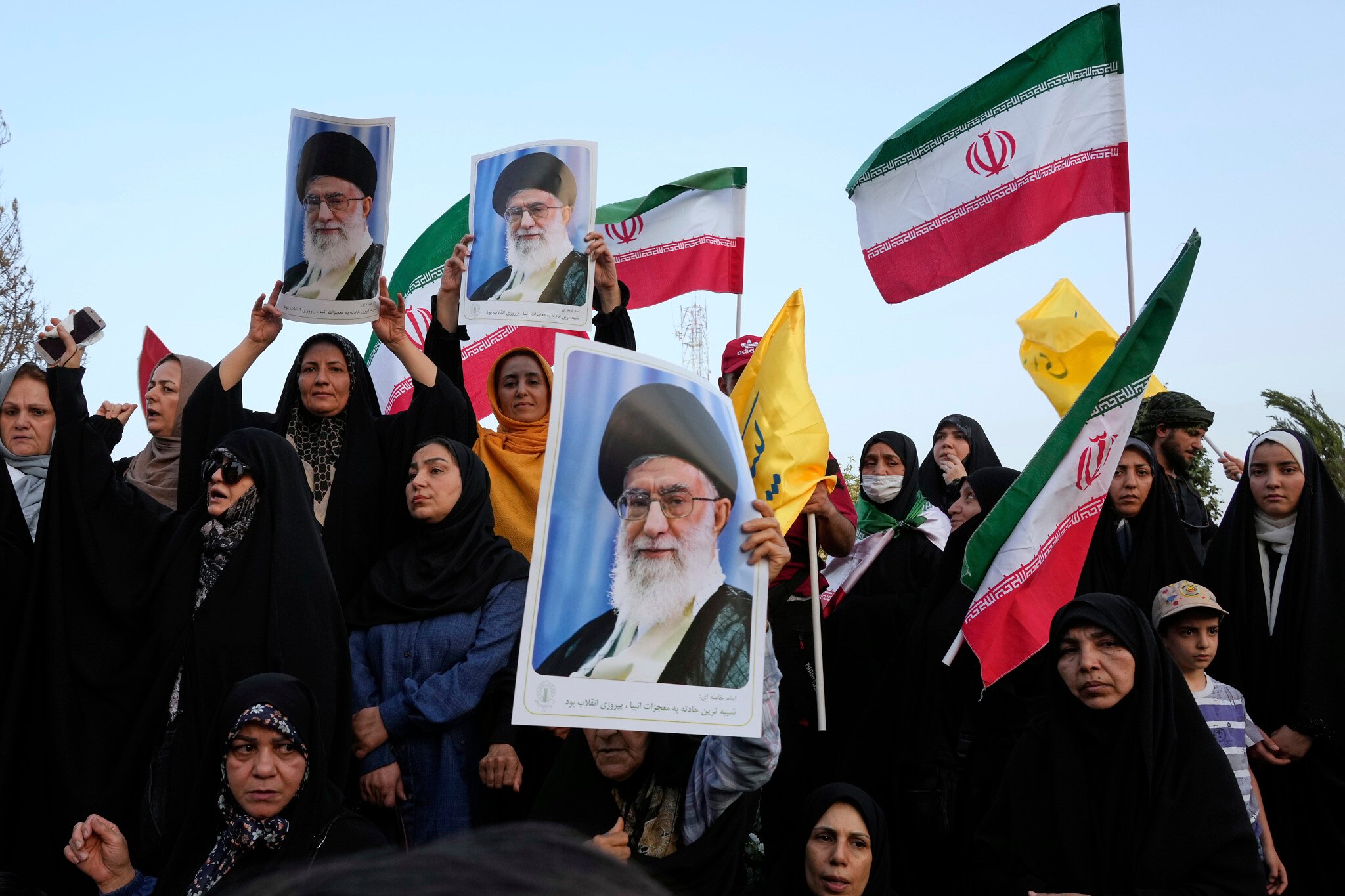
“They are always so angry, hostile and unhappy, and look at what it has gotten them: A burned out, blown up country, with no future, a decimated military, a horrible economy and death all around them,” Trump continued.
“They have no hope, and it will only get worse! I wish the leadership of Iran would realize that you often get more with honey than you do with vinegar,” he said.
Trump also claimed on Friday that he reversed plans to remove sanctions against Iran after Khamenei gave a speech a day earlier declaring that Trump had “exaggerated” the impact of strikes on Iranian nuclear sites, while threatening to repeat the “slap” Tehran had dealt American forces in the region.
“During the last few days, I was working on the possible removal of sanctions, and other things, which would have given a much better chance to Iran at a full, fast, and complete recovery,” Trump wrote on Truth Social.
“But instead I get hit with a statement of anger, hatred, and disgust, and immediately dropped all work on sanction relief and more,” he continued, blasting Khamenei for his “blatant and foolish” statement.
“As a man of great faith, he is not supposed to lie,” Trump said, reiterating his insistence that Iran’s nuclear sites were “obliterated” in the US strikes on Sunday.
In a video statement on Thursday, Khamenei said that the strikes did not “achieve anything significant.” He also threatened to “slap” the US again after sending missiles toward a US base in Qatar in response to the American strike.
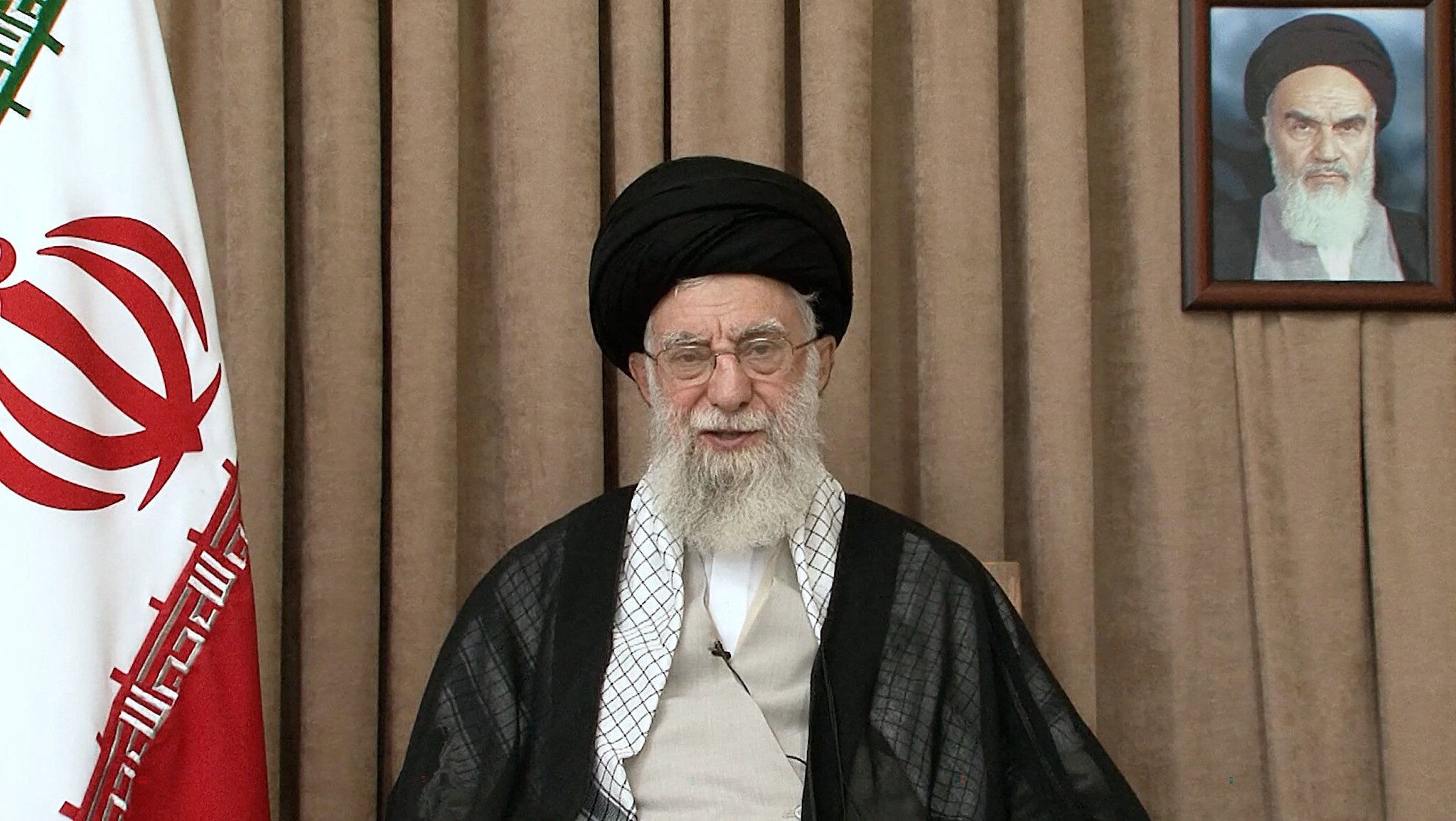
According to Washington and Doha, that attack was telegraphed in advance in what was widely seen as an Iranian attempt to avoid escalating the conflict. All but one missile fired at the al-Udeid air base was intercepted, and there were no casualties.
A senior Israeli military official said Friday that their intelligence shows that Israel’s strikes on various targets neutralized Iran’s ability to enrich uranium to 90% for “a prolonged period.” It was unclear whether that contradicted a preliminary US report that suggested the program had been set back months.
There has been speculation that Iran moved much of its highly-enriched uranium before the strikes, something that it told the IAEA it planned to do.
Even if that turns out to be true, IAEA Director-General Rafael Mariano Grossi told Radio France International that the damage done to the Fordo site, which was built into a mountain, “is very, very, very considerable.”
Among other things, he said, centrifuges are “quite precise machines,” and it’s “not possible” that the concussion from multiple 30,000-pound bombs wouldn’t have caused “important physical damage.”
“These centrifuges are no longer operational,” he said.
Iranian Foreign Minister Abbas Araghchi himself acknowledged “the level of damage is high, and it’s serious damage.”
He added that Iran had not yet decided whether to allow IAEA inspectors to assess the damage, but they would be kept out “for the time being.”
After being asked during a White House news conference on Friday if he would demand during expected talks with Iran that the IAEA or some other organization be authorized to conduct inspections, Trump responded that the Islamic Republic would have to cooperate with the group “or somebody that we respect, including ourselves.”
The US was one of the parties to the 2015 nuclear deal in which Iran agreed to limits on its uranium enrichment program in exchange for sanctions relief and other benefits.
That deal unraveled after Trump unilaterally pulled out the US during his first term. Trump has suggested he is interested in new talks with Iran and said the two sides would meet next week.
In an interview broadcast on Iranian state television on Thursday, Araghchi said the possibility of new negotiations with the United States on his country’s nuclear program had been “complicated” by the American attack on three of the sites, which he conceded caused “serious damage.”
Araghchi did, however, leave open the possibility that his country would again enter talks on its nuclear program, but suggested it would not be anytime soon.
“No agreement has been made for resuming the negotiations,” he said. “No time has been set, no promise has been made, and we haven’t even talked about restarting the talks.”
The American decision to intervene militarily “made it more complicated and more difficult” for talks on Iran’s nuclear program, Araghchi said.

